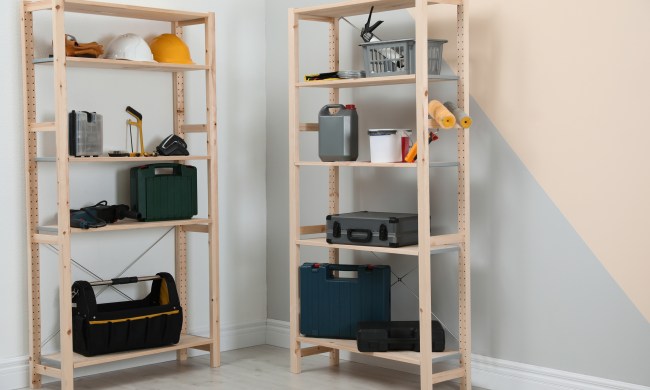Before selling your home, you may think you have everything under control. You know the price you want to set, you’ve taken a few simple listing photos, and you’re ready to reel in some buyers. Think again.
Sadly, selling a home is not a straightforward process and can be just as challenging as buying one. Before diving into all of the details that come with selling a home, we wanted to share with you some amazing tips and advice from realtors as you prepare for your big move.

Know the best time to sell
Before you do anything, it’s recommended that you talk to your agent about the best time to sell. Several factors, including weather, market value, the needs of the local housing market, and future neighborhood growth, can affect how well your home does on the market.
For example, most real estate agents advise against selling a home during winter. This is primarily because cold weather and lackluster landscapes can turn away buyer’s heads. Additionally, a good agent will recommend you wait to sell your home if the market value declines. This will help save you money in the long run.
Yawar Charlie, a director of estates division at Aaron Kirman Group, recommends to sellers that “before they [sellers] put their property on the market [they should] do their research.” He continues to emphasize that you should “touch base with your realtor” before listing your home on the market as recent changes in the economy, namely the pandemic, have changed the market dramatically.
“Our market has changed a little bit so you want to make sure that you’re working with someone who’s got their finger on the pulse of what is going on in your neighborhood right now.”
Of course, always talk to your real estate agent about your concerns. They will gather the data to choose the best time within your needs to list your home on the market.

Talk to your agent about pricing
The most significant issue home sellers face is not pricing their homes accurately. Many home sellers estimate their home’s value based on other houses in the area or their home’s purchasing history. Additionally, some homeowners turn to Zestimate by Zillow to gather the best market price.
Unfortunately, these methods often result in one of two ways. First, the seller overprices the home and receives little to no offers or offers far below the listing price. Or, the seller underprices the home and walks away with less than what the house is actually worth.
Always talk to your real estate agent about the listing price. They will take every factor of your home, location, and market fluctuation into consideration when preparing the cost. You will also be able to address any concerns or raise and lower prices with the assurance that your real estate agent will help you set the best fair price.
Respond to purchase offers ASAP
Buying a home is stressful, and the worst thing you could do is wait to respond to purchase offers. Homebuyers are looking for quick responses to assure them that they made the right choice. If you plan to buy a home after selling yours, pause and put yourself in your buyer’s shoes. You’ll soon be in the same situation. So, it’s best to respond as you would want to be responded to. Additionally, you want to sell your home. The faster you respond to offers, the faster you will sell your home and move on.
Invest in curb appeal and photography
One of the best pieces of home sale advice is to invest in your home’s appearance. After all, it’s said that a home buyer will decide within the first eight seconds if they like your home. Charlie says, “So as a seller, you want to make sure that your house is ready to be presented to the world and its best light. Make sure that the curb appeal is on point. A little bit of planting can go a long way.”
Take some time to invest in curb appeal and minor repairs to make your home look more inviting. Additionally, if you plan to create an effective online listing, find a professional photographer near you who can come by and take quality shots of your home. Get unique angles of every room and always ask for edits that make your home look brighter and welcoming.

Talk to your agent about repairs, staging, and open houses
Another mistake many sellers make is glossing over talks about repairs, staging, and open houses.
Talk to your agent about repairs, both big and small. Sometimes, investing in a bit of paint and new flooring is enough to transform your home completely. You should discuss more extensive repairs with the agent as they could affect home value. It’s best to remain transparent about these matters and allow your agent to give you their advice.
When it comes to staging and open houses, remember to discuss the best time to show off your home to buyers. Timing is crucial, and you want to make a good first impression. Also, consider removing half of your furniture and items (if you can) when staging. Charlie explains that “you want to depersonalize the house, in general, to make sure that it’s neutral enough to appeal to any potential buyer.” He urges sellers to opt for neutral paint colors rather than bold and to do their best to appeal to a generic buyer.
Whether you’re a first-time seller or you’ve done it before, you can’t go wrong with referencing these home selling tips. Talk to your real estate agent about the best course of action, and be sure to cover everything in this post and more! Selling your home will be stressful no matter what. However, taking your time to focus on the details will save you money when it comes time to make those final signatures.



